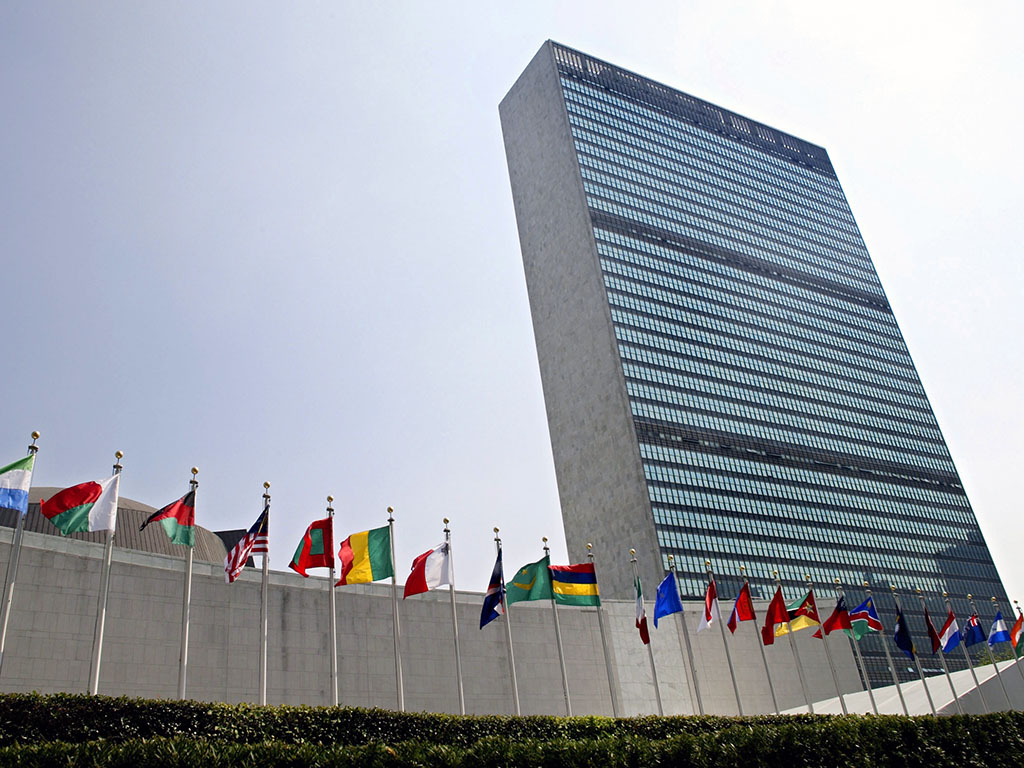According to the WESP 2020, sluggish global growth threatens sustainable development; 1 in 5 countries will see per capita incomes stagnate or decline this year, notably in Africa, Latin America and parts of Western Asia; across the world, many policies continue to encourage the use of fossil fuels
SDG #8: Decent work and economic growth
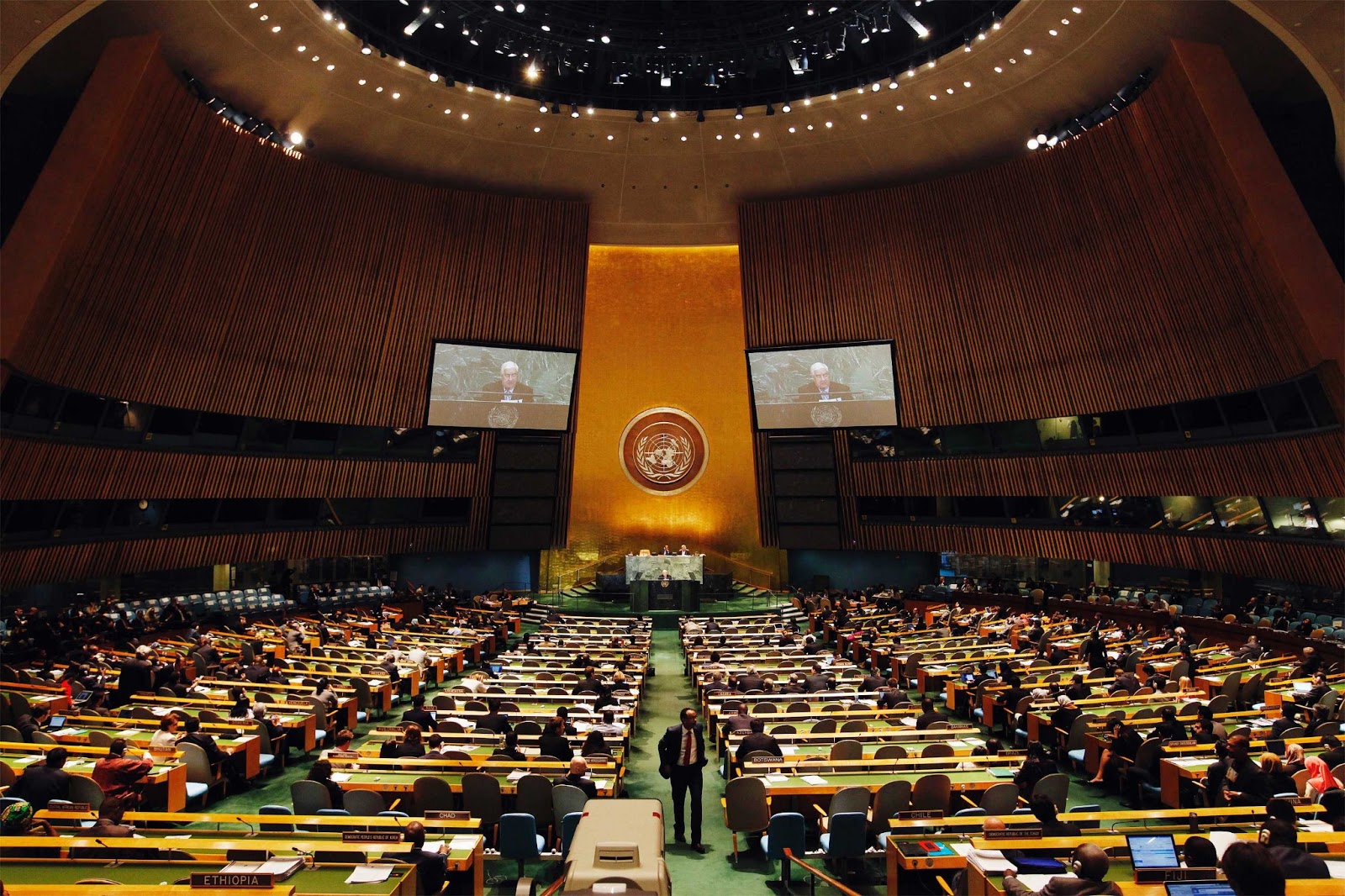
La ONU se?ala que las perspectivas de crecimiento econ?mico para 2020 dependen de la reducci?n de los conflictos comerciales y la incertidumbre
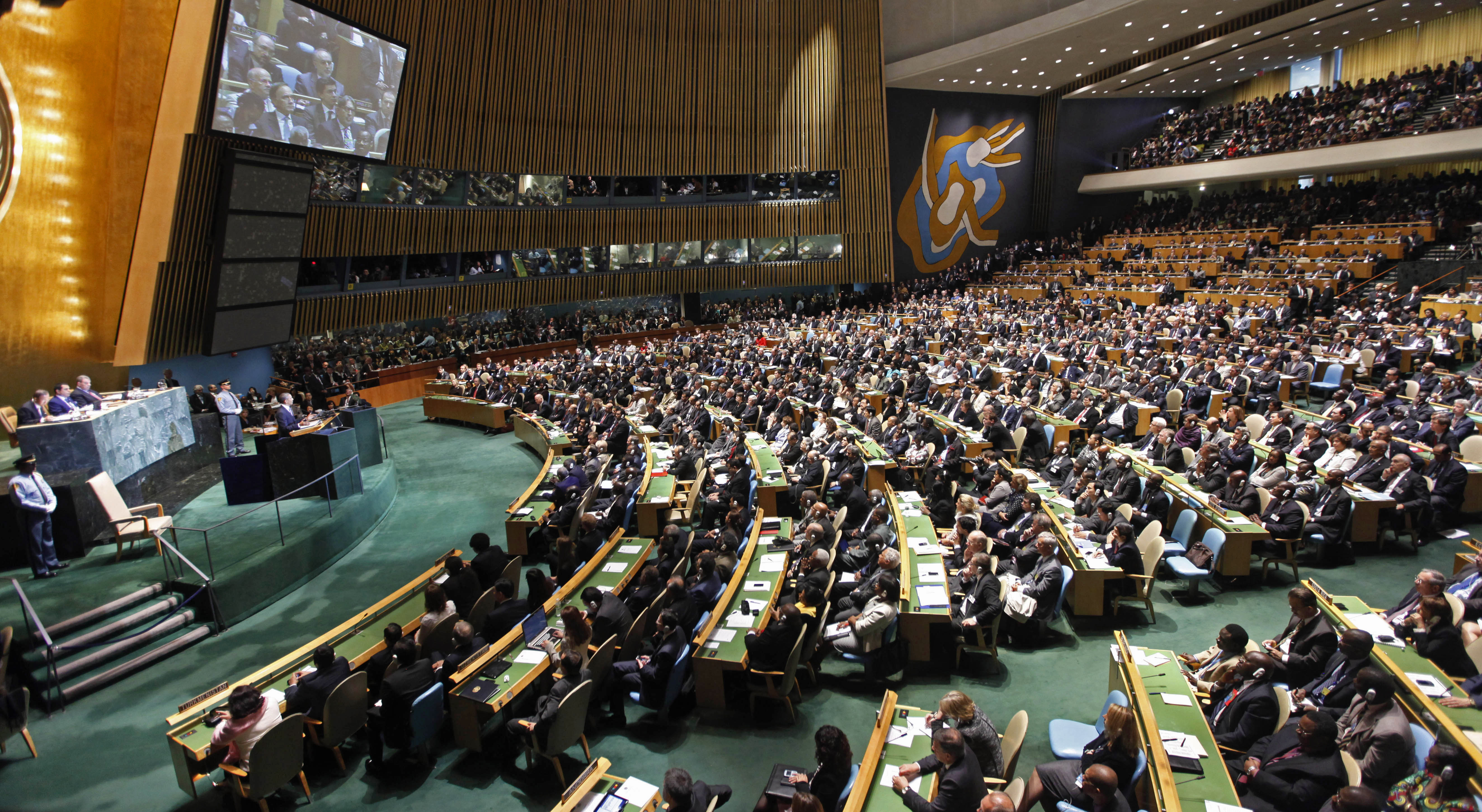
The global economy has suffered a significant slowdown amid prolonged trade disputes and wide-ranging policy uncertainties. Economists warn that economic risks could inflict severe and long-lasting damage on development prospects.
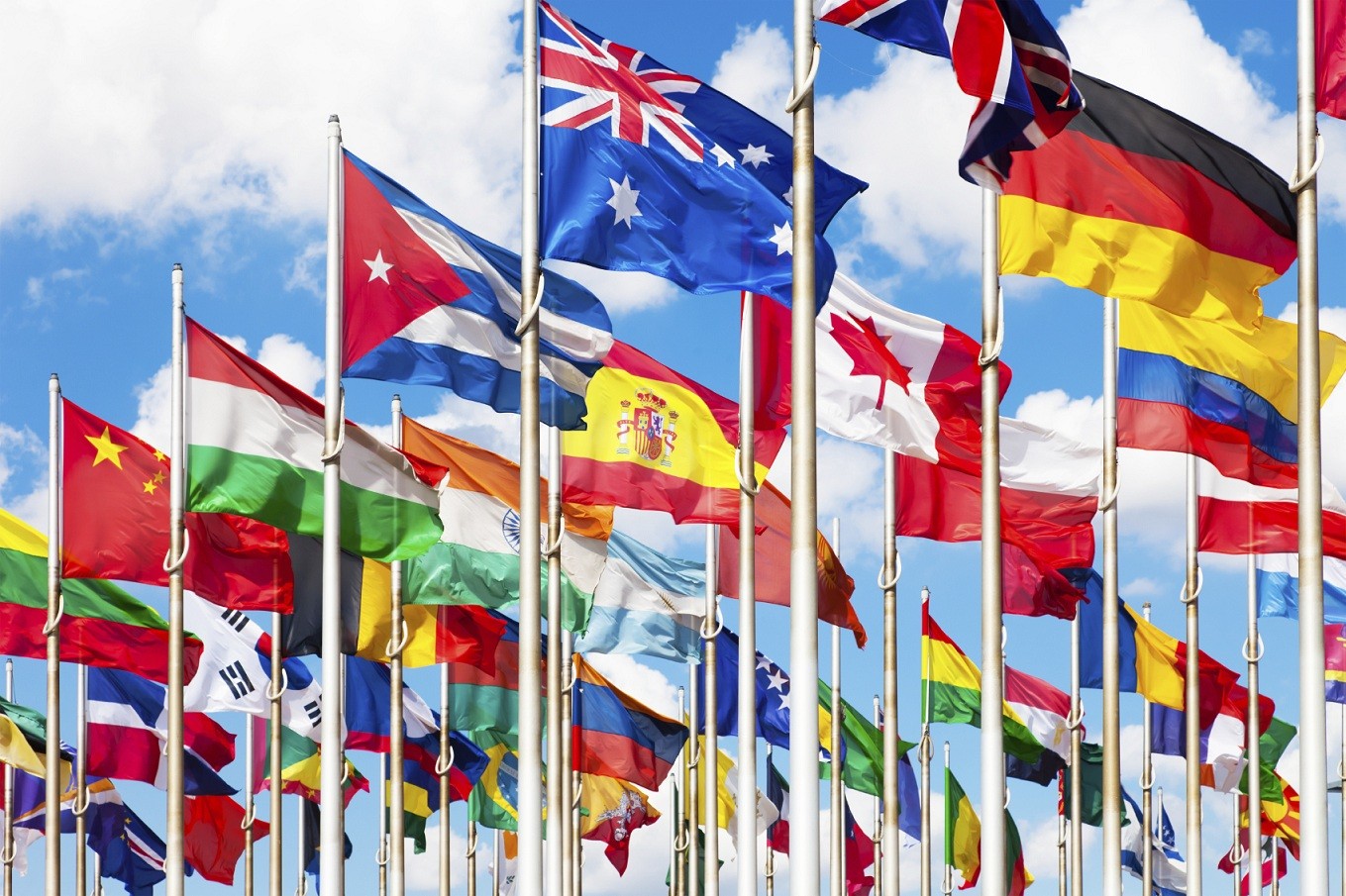
D?apr?s l?ONU, les perspectives de croissance ?conomique pour l?ann?e 2020 d?pendent de la r?sorption des diff?rends commerciaux et des incertitudes. Cette ann?e, les revenus par habitant devraient stagner ou baisser dans 1 pays sur 5
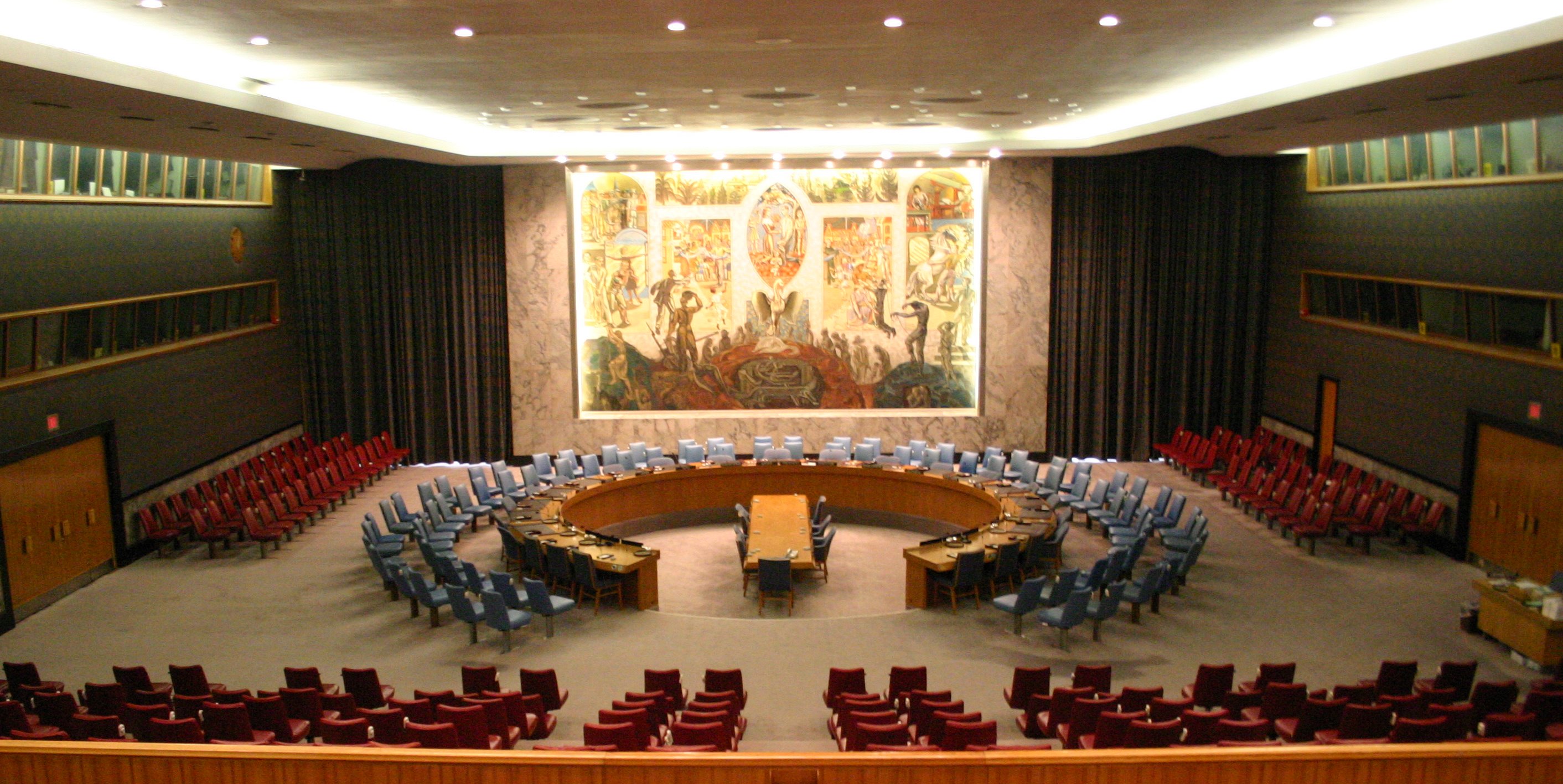
As energy demand is rising globally, it is imperative to transition to clean energy; the status of natural gas as a ?transition fuel? is waning; the automotive sector in Europe is undergoing dramatic changes
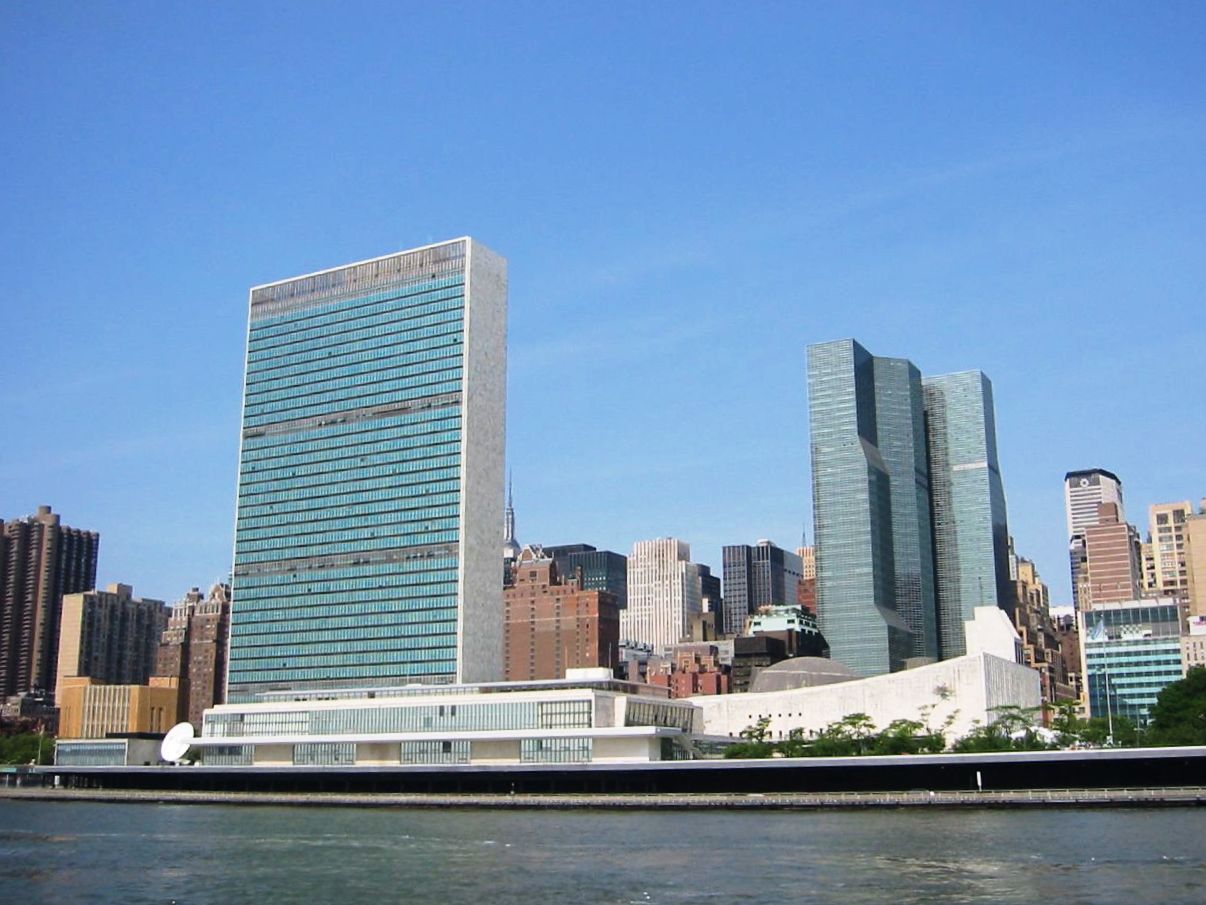
Lack of innovation a key structural challenge for many developing countries; economic diversification impeded by structural barriers in the CIS and Africa; weak productivity growth contributing to bleak economic outlook in Latin America

The Sustainable Deve?lop?ment Goals (SDGs) have registered some progress since their adoption in 2015. However, gathering storms of weakening global economic growth, rising income inequality, unabated global warming and climate change, and escalating conflict are impeding SDG implementation. The tailwinds of rapid technological advances, on the other hand, offer best hope for accelerating SDG progress.

The Sustainable Deve?lop?ment Goals (SDGs) have registered some progress since their adoption in 2015. However, gathering storms of weakening global economic growth, rising income inequality, unabated global warming and climate change, and escalating conflict are impeding SDG implementation. The tailwinds of rapid technological advances, on the other hand, offer best hope for accelerating SDG progress.
 Welcome to the United Nations
Welcome to the United Nations
